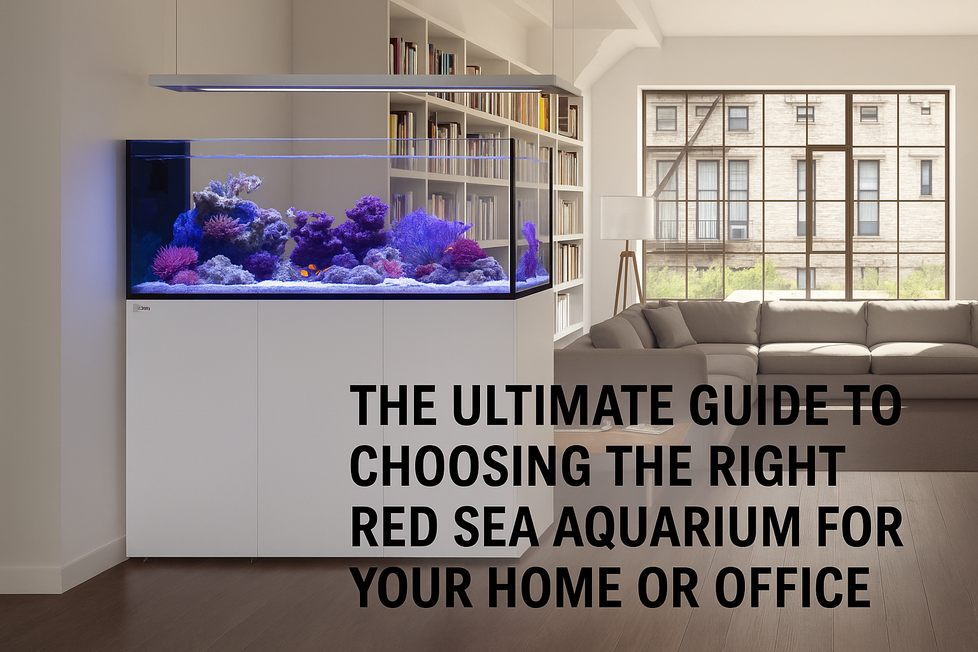Keeping your freshwater aquarium clean and free of algae can be a challenge, but adding algae-eating fish can make this task much easier. These fish not only help control algae growth but also add beauty and diversity to your tank. Here’s a list of the 10 best algae-eating fish for freshwater tanks, each known for their efficiency and compatibility with various tank setups.
1. Siamese Algae Eater (Crossocheilus oblongus)

Overview: Siamese Algae Eaters are one of the best algae eaters available. They are known for their effectiveness in eating various types of algae, including black beard algae.
Benefits:
- Great at controlling different algae types
- Active and peaceful
- Easy to care for
Explore More: Siamese Algae Eater
2. Bristlenose Pleco (Ancistrus spp.)

Overview: Bristlenose Plecos are small, hardy, and efficient algae eaters. They are perfect for smaller tanks and are less likely to outgrow your aquarium compared to common plecos.
Benefits:
- Excellent at cleaning glass and decorations
- Hardy and easy to care for
- Unique appearance with bristles
Explore More: Bristlenose Pleco
3. Otocinclus Catfish (Otocinclus spp.)

Overview: Otocinclus Catfish, or Otos, are small, peaceful fish that are highly effective at cleaning algae off plant leaves, glass, and other surfaces.
Benefits:
- Gentle and non-aggressive
- Perfect for planted tanks
- Effective at cleaning small areas
Explore More: Otocinclus Catfish
4. Amano Shrimp (Caridina multidentata)

Overview: Although not a fish, Amano Shrimp are excellent algae eaters and are highly effective in planted tanks. They are known for their ability to eat a wide range of algae.
Benefits:
- Eat a variety of algae types
- Peaceful and good for community tanks
- Help with detritus clean-up
Explore More: Amano Shrimp
5. Siamese Flying Fox (Epalzeorhynchos kalopterus)

Overview: The Siamese Flying Fox is often confused with the Siamese Algae Eater but is equally effective at controlling algae, particularly black beard algae.
Benefits:
- Active and interesting to watch
- Good at controlling stubborn algae
- Suitable for larger community tanks
Explore More: Siamese Flying Fox
6. Twig Catfish (Farlowella spp.)

Overview: Twig Catfish are excellent at camouflaging and are known for their ability to eat algae, particularly off plant surfaces and decorations.
Benefits:
- Unique appearance
- Effective at cleaning plant leaves
- Peaceful and suitable for community tanks
Explore More: Twig Catfish
7. Chinese Algae Eater (Gyrinocheilus aymonieri)

Overview: Chinese Algae Eaters are efficient at cleaning algae but can become territorial as they mature. They are best suited for larger tanks.
Benefits:
- Great at cleaning tough algae
- Hardy and adaptable
- Active and interesting to watch
Explore More: Chinese Algae Eater
8. Molly Fish (Poecilia spp.)

Overview: Mollies are versatile fish that eat algae and add color to your tank. They are livebearers and can help control algae growth naturally.
Benefits:
- Easy to breed
- Colorful and active
- Good for community tanks
Explore More: Molly Fish
9. Nerite Snail (Neritina spp.)

Overview: While not a fish, Nerite Snails are among the best algae eaters. They are highly effective at cleaning algae off glass, rocks, and decorations.
Benefits:
- Cannot reproduce in freshwater, preventing overpopulation
- Eat a variety of algae types
- Easy to care for
Explore More: Nerite Snail
10. Siamese Loach (Botia histrionica)

Overview: The Siamese Loach is a great addition to larger tanks. They are efficient algae eaters and are also known to eat leftover food and detritus.
Benefits:
- Active and social
- Help with overall tank cleanliness
- Suitable for larger community tanks
Explore More: Siamese Loach
Conclusion
Incorporating algae-eating fish and invertebrates into your aquarium is an effective way to maintain water quality and clarity. These species not only help control algae but also add diversity and interest to your tank. For top-quality algae-eating fish and other aquarium products, visit Charterhouse Aquatics. Trust Charterhouse Aquatics to provide expert advice and the best products to keep your aquarium thriving.


